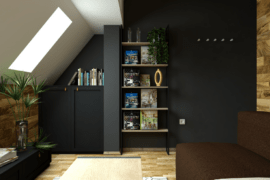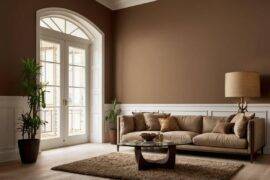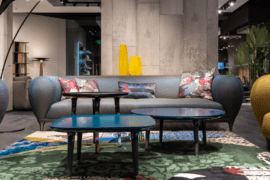In the ever-evolving world of architecture, a new trend has emerged that captures the essence of modernity while paying homage to the natural environment: Aquatecture. This innovative style integrates water as a central element in the design and functionality of homes. The term itself is a portmanteau of “aqua” and “architecture,” reflecting a harmonious blend of aquatic elements with structural ingenuity.
Aquatecture is more than just an aesthetic choice; it offers practical benefits such as improved climate resilience, enhanced energy efficiency, and a unique living experience that brings residents closer to nature. As urban areas grapple with the effects of climate change and seek sustainable living solutions, Aquatecture stands out as a beacon of forward-thinking design. This article delves into the various facets of Aquatecture, illustrating why it is becoming a sought-after style for contemporary homes.
The Origins and Philosophy of Aquatecture
Aquatecture is rooted in the fundamental principles of biophilic design, which aims to reconnect humans with the natural world. This architectural philosophy is not entirely new; it draws inspiration from ancient civilizations that built their homes and cities around water bodies.
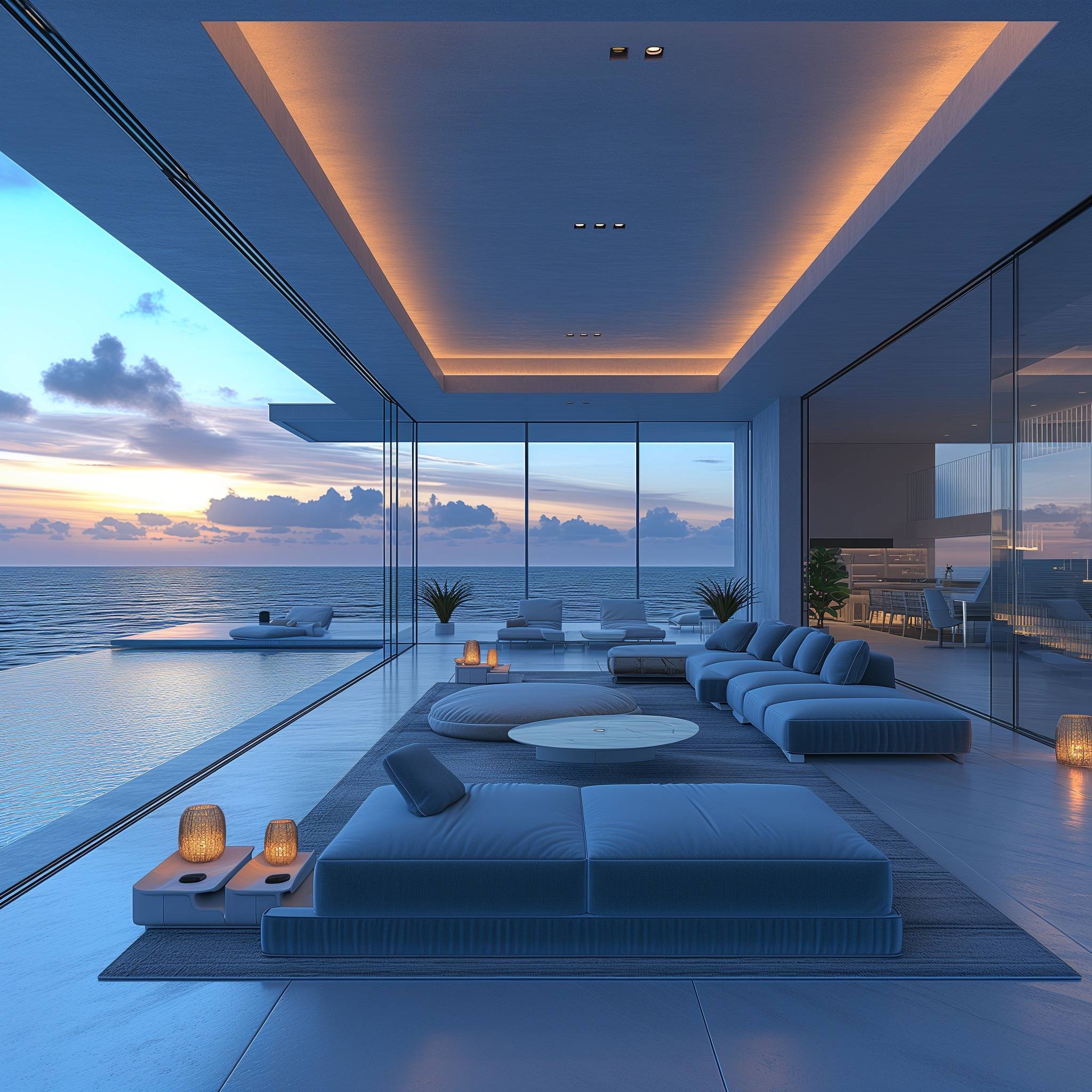
However, modern Aquatecture incorporates advanced technologies and sustainable practices to address current environmental challenges. The philosophy behind Aquatecture emphasizes the need for harmony between human habitation and natural ecosystems, promoting a symbiotic relationship that benefits both.
Key Features of Aquatecture Design
One of Aquatecture’s defining characteristics is its seamless integration of water elements into residential designs. These can range from small features like indoor water walls and fountains to more extensive installations such as rooftop pools, reflective ponds, and even floating homes.
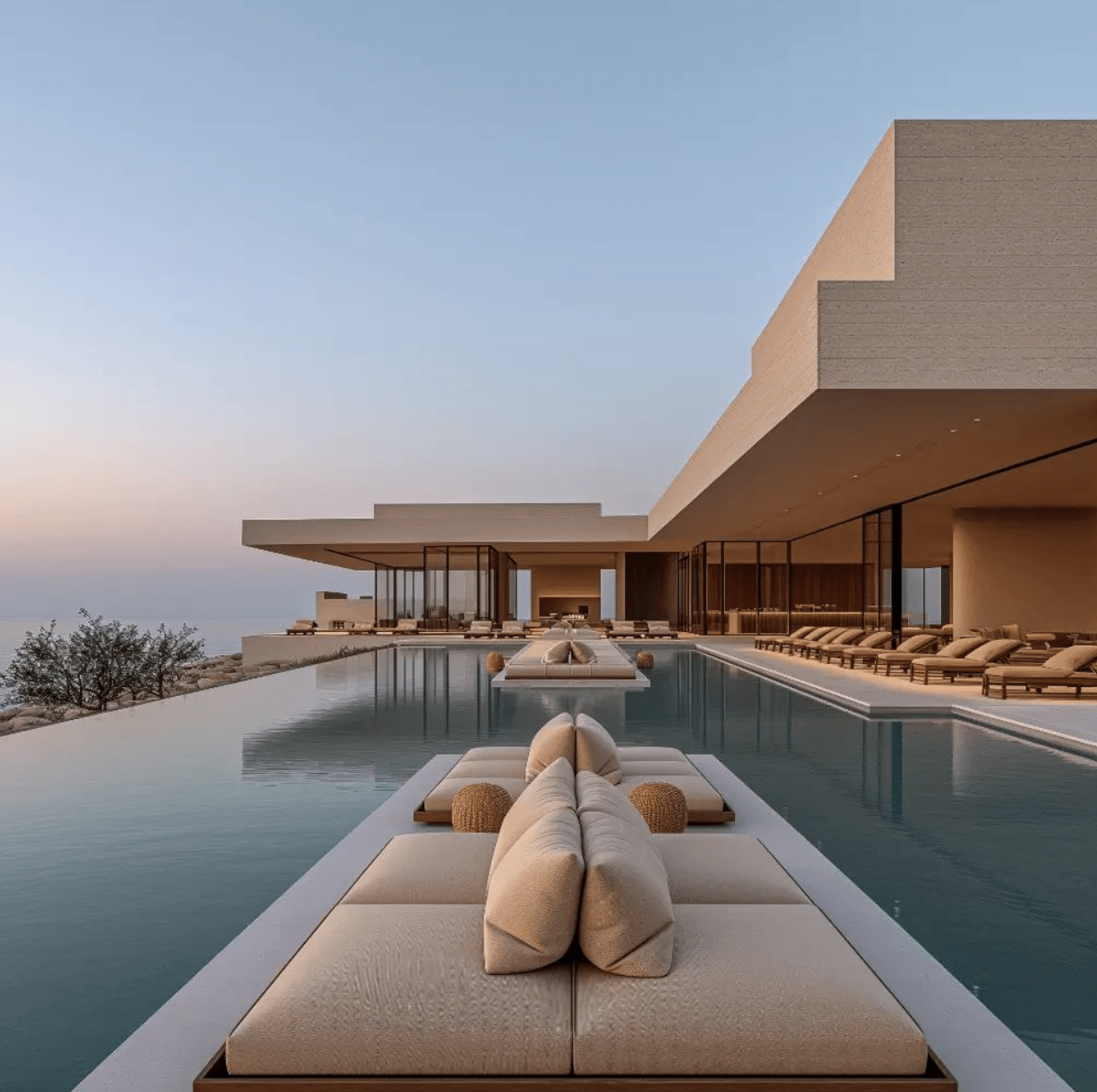
These water features not only enhance the property’s aesthetic appeal but also contribute to cooling the environment, reducing the reliance on artificial air conditioning. Moreover, the use of water as a design element creates a tranquil and serene atmosphere, promoting mental well-being and relaxation.

Environmental and Climate Resilience
Aquatecture is particularly relevant to climate change and urban resilience. Homes designed with Aquatecture principles often incorporate flood-resistant features, such as elevated structures and permeable landscaping that allows for efficient water drainage.
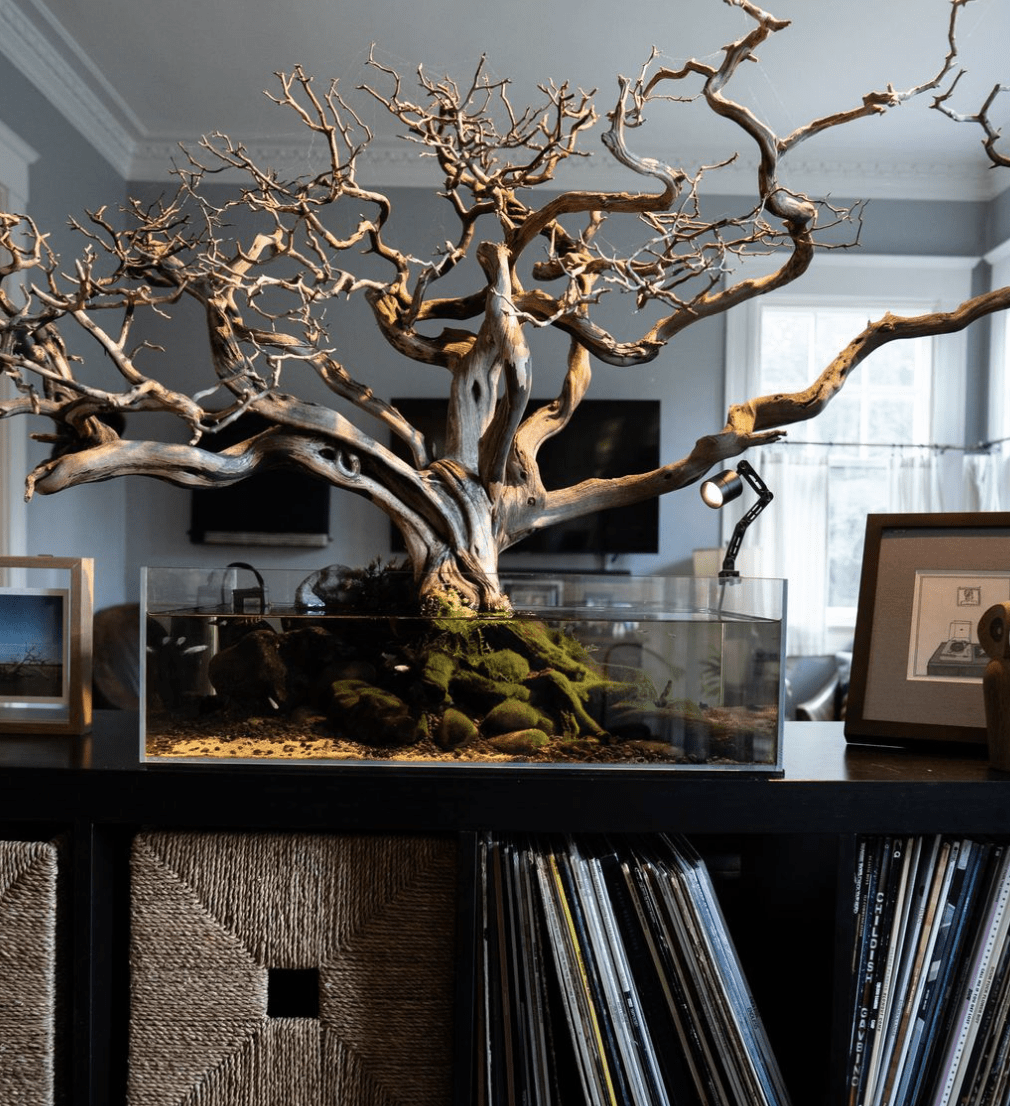
These designs can mitigate the impact of heavy rainfall and rising sea levels, making them ideal for coastal cities and regions prone to flooding. Additionally, the incorporation of rainwater harvesting systems and greywater recycling can significantly reduce water consumption, contributing to sustainable living practices.
Energy Efficiency and Sustainability
Sustainability is at the core of Aquatecture. By leveraging natural water features, these homes can reduce their energy footprint. For instance, water bodies can be used for passive cooling, reducing the need for energy-intensive air conditioning systems. Solar panels can be integrated with water features to enhance their efficiency through cooling effects.
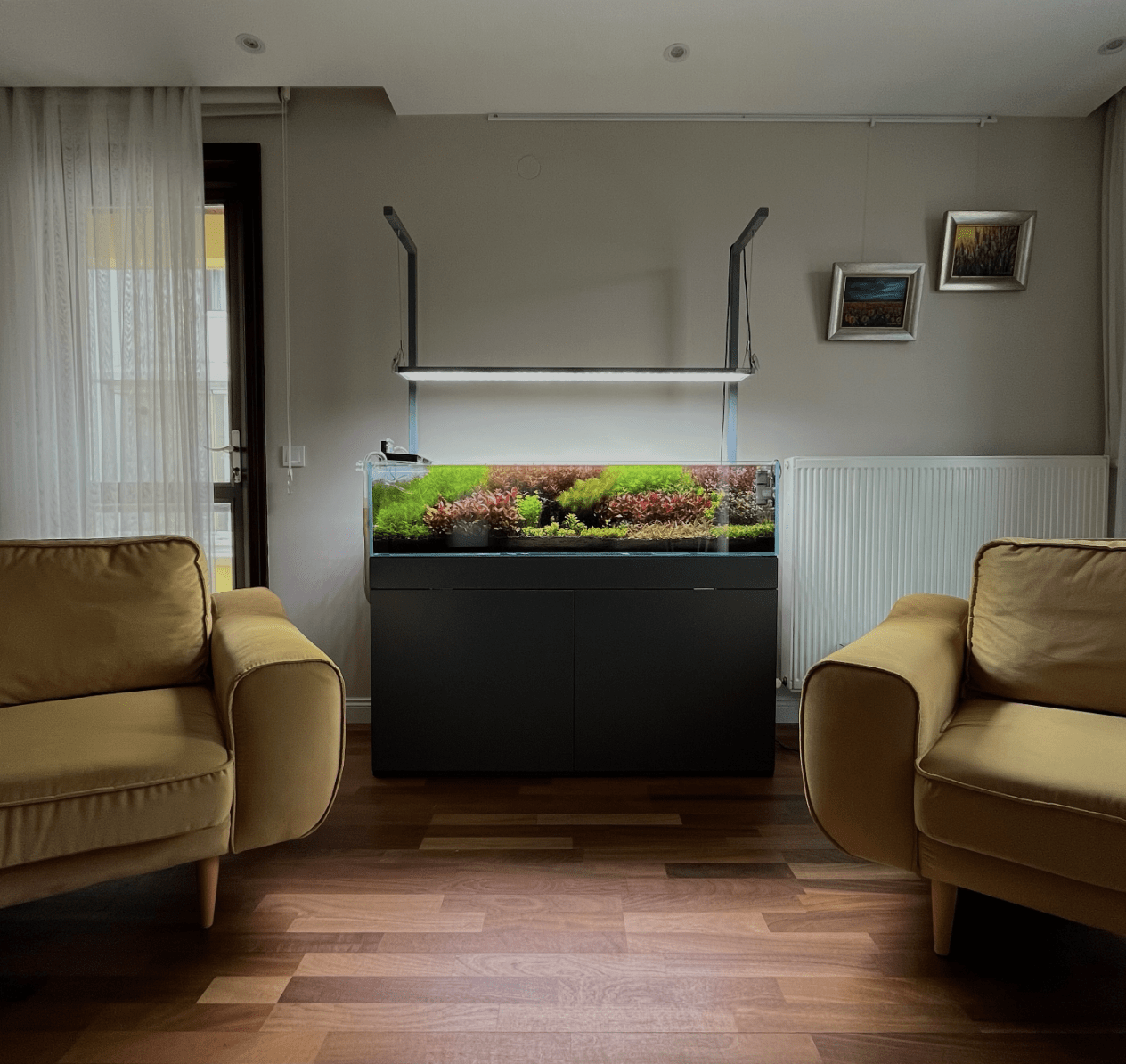
Furthermore, the materials used in Aquatecture are often eco-friendly, sourced from sustainable resources, and designed to minimize environmental impact. This commitment to sustainability ensures that Aquatecture homes are not only beautiful but also environmentally responsible.
Enhancing Quality of Life
Living in an Aquatecture home offers a unique quality of life that is deeply connected to nature. The presence of water elements creates a calming and therapeutic environment, which can have positive effects on mental health and well-being.
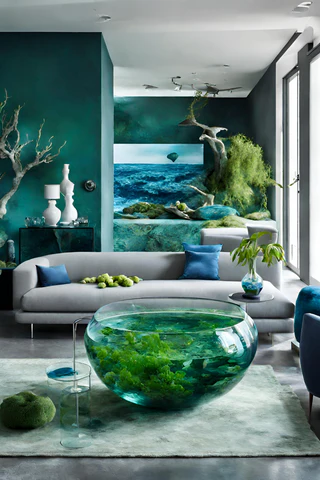
The soothing sounds of flowing water, the sight of rippling surfaces, and the feel of cool, fresh air contribute to a sense of peace and relaxation. Additionally, these homes often feature open, airy spaces that allow for ample natural light and ventilation, further enhancing the living experience.
The Future of Aquatecture
As the demand for sustainable and resilient housing solutions grows, Aquatecture is poised to become a mainstream architectural style. Architects and designers are continually exploring new ways to innovate and improve upon the principles of Aquatecture, incorporating cutting-edge technologies and materials.
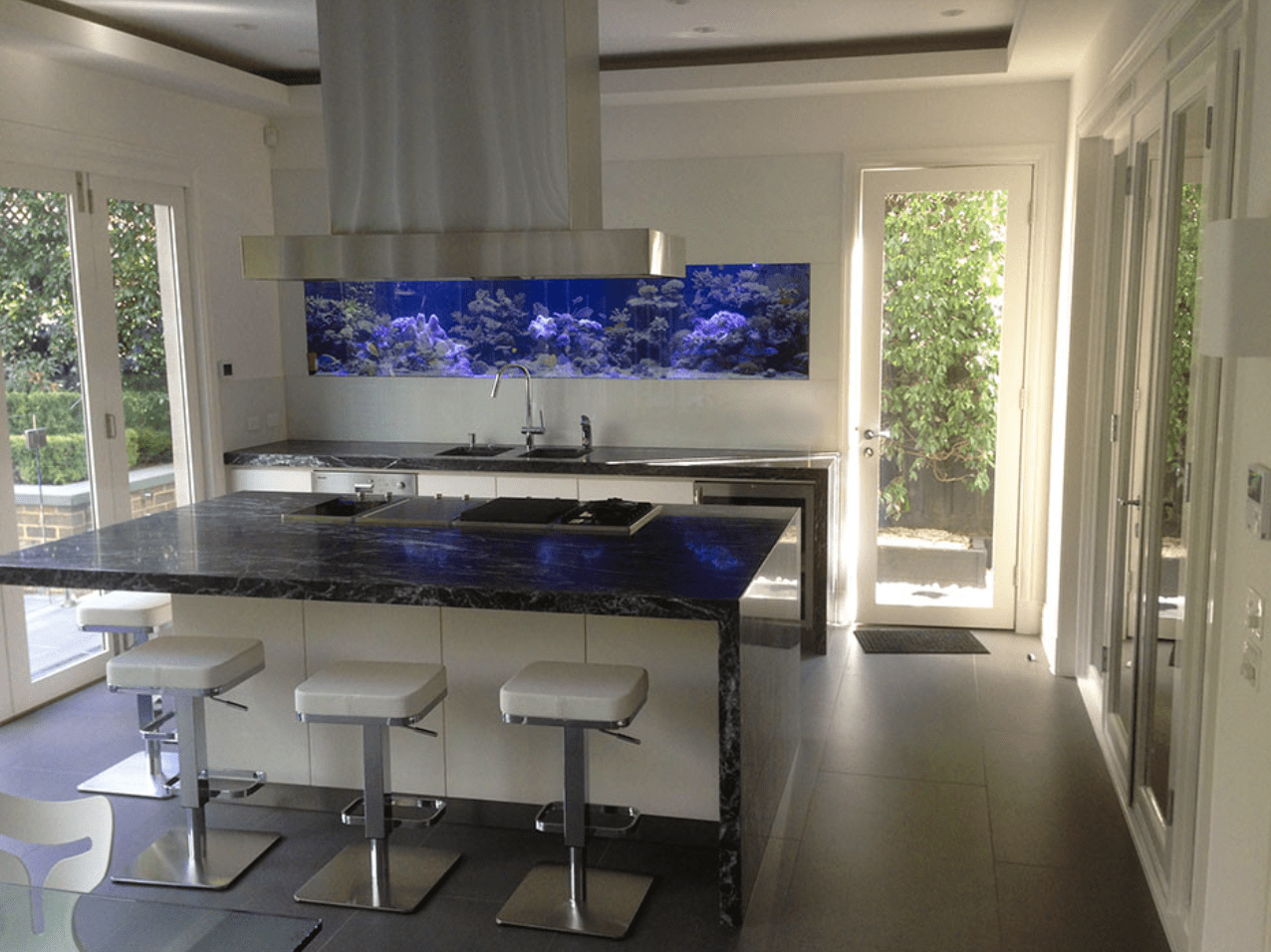
The future of Aquatecture promises even more integrated and efficient designs that not only meet homeowners’ aesthetic and functional needs but also address the pressing environmental challenges of our time. As we look ahead, it is clear that Aquatecture will play a pivotal role in shaping the homes of the future, offering a harmonious blend of beauty, sustainability, and resilience.
More Articles To Explore
As we continue to innovate and adapt to the challenges of our changing environment, Aquatecture offers a promising solution that harmonizes human habitation with nature’s most precious resource: water. By integrating sustainable water design ideas into our buildings and urban landscapes, we can create a more resilient and eco-friendly future. Embrace the potential of Aquatecture and join the movement towards a greener, water-conscious world.
Ready to bring new life to your home? Subscribe to our newsletter for exclusive interior design tips, trends, and ideas that will transform your space. Click here to subscribe!




